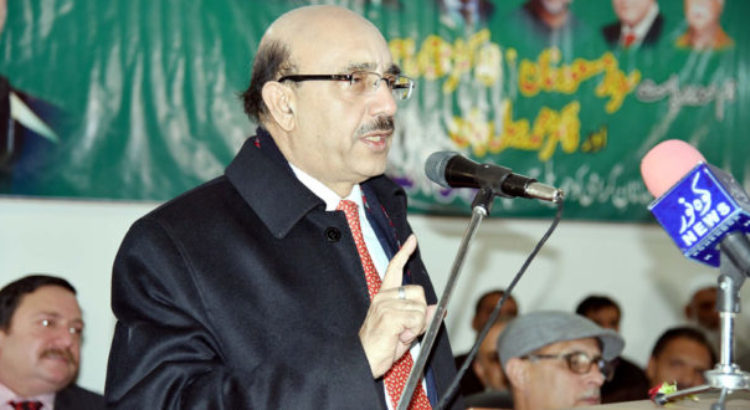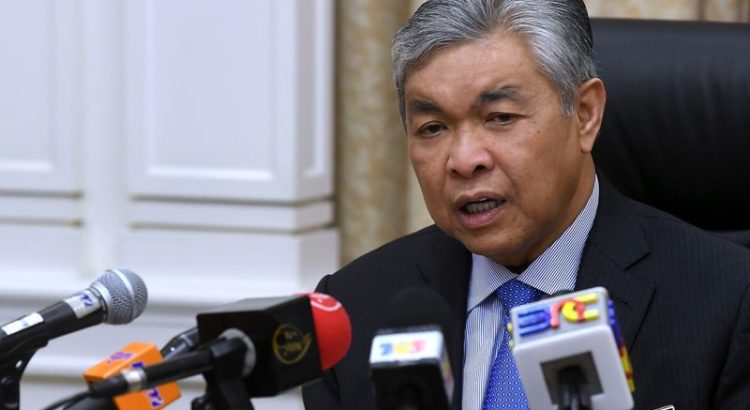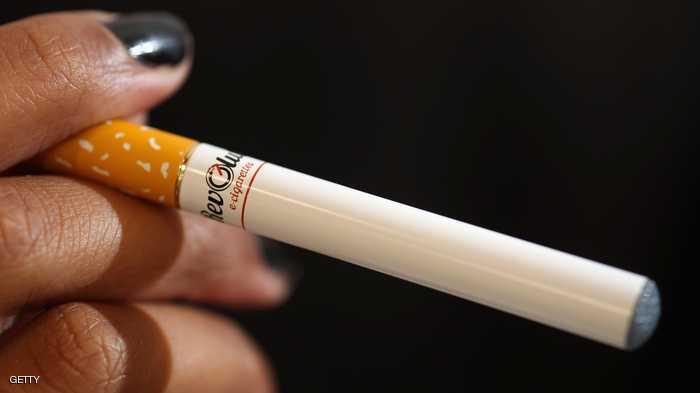EEUU/November 28, 2017/By: By Ruth Campbell rcampbell@oaoa.com/ Source: http://www.oaoa.com
President wants to grow the university, provide more hands-on opportunities.
The University of Texas of the Permian Basin officials say they are reorganizing the College of Education to ensure that prekindergarten through 12th grade activities are connected to the rigor of the university and the academic programs it offers.
This would include creating linkages between the College of Education, Childcare Center, UTPB STEM Academy and Ector County Independent School District’s Falcon Early College High School. STEM stands for science, technology, engineering and math.
President Sandra Woodley also is formulating plans to promote future growth at UTPB.
Dean of the College of Education Selina Mireles said the core of what the university does is academics and research, so the goal is to bring all these aspects together to prompt more faculty involvement and research. Mireles said this will also strengthen these parts of the university and local education system.
In separate interviews, Mireles and Woodley said First 5 Permian Basin, which offered a variety of services for new mothers and fathers in their child’s first years of life, still exists and still offers the same programs, but are being infused with a more academic component.
First 5 currently falls under Roy Hurst, associate dean of the College of Education.
She added that the College of Education also is examining its mission statement and how it can better tailor what it does to the community.
Mireles said energy, agriculture and water are important to West Texas and the College of Education is looking at the path from theoretical academic concepts to work and careers.
She noted that the STEM Academy was part of the College of Education, under its charter, and programs that were part of First 5 still exist, but plans are to make them more research based.
Woodley said she thinks the First 5 programs were working fine, but her observation was that they could be enhanced if they were directly connected to the academic rigor of the programs in the College of Education.
“The programs were good and they can be better and we hope to make them better by this alignment with the College of Education. … We have an early childhood program in the College of Education that there was no connection to. The faculty and the students in that program and the work of … First 5 benefit from being together. That’s the reason I made the decision to align them,” Woodley said.
Tara Wilson, an assistant professor of reading at UTPB, is going for a grant related to incarcerated fathers reading to their children through video and studying the educational impact that may have, Mireles said. She said the grant has been submitted and is pending.
“It’s starting to look at the efficacy and the impact on their social-emotional learning and we will look at reading scores, of course. It’s not the end-all of interventions, but these are the kinds of investigations that we’re starting and that we’re utilizing our current structure to springboard and continue,” Mireles said.
The journey to future teacher’s early childhood certificates and continuous credentialing and experiences also are being examined.
For instance, if someone wants to become a math or science teacher, they could gain experience by tutoring at the local schools, attain tutoring certification and start building their portfolio that way, Mireles said.
The college also is looking for opportunities for externships and internships for students to equip them with the practical knowledge and experience they’ll need in the future.
“Putting those field-based experiences up front is really critical …,” Mireles said.
Starting young students on a path toward a future career also is part of the discussions, for example, having kindergarteners learn how to test the acidity of a lemon.
“… We’re working on grade appropriateness and linkages to the TEKS (Texas Essential Knowledge and Skills),” Mireles said.
Future Falcon Leaders in Teacher Education, UTPB’s program for high school students interested in becoming teachers, also will still go on.
“We’re soliciting more grants to support some of these things so that they continue and we look at them from different avenues,” Mireles said. “We’re looking at what does it mean to be teacher- ready? Does it mean you have content expertise, pedagogical knowledge? What does that mean? What does that profile look like, so developing an instrument that could contribute to the research knowledge and actually piloting that and looking at that, that’s another area where we’re interjecting that research piece.”
The Early Childhood Coalition also still exists and they are examining the same community issues. “What (existed) is still in motion. What we’re doing now is just adding and strengthening the pieces that were part of the program to begin with,” Mireles said.
Something Mireles said that Woodley has brought to the table is the idea of stackable credentials for people who have gone through different pathways and experiences to get to a four-year degree.
Another aspect is a desire to investigate going from at-risk to no-risk students.
For at-risk students, Mireles said the college would try to figure out how to make at-risk students less at risk and address soft skills such as communication, reading and writing.
“We’re not quite sure what that’s going to look like when all said and done, but know it has to be addressed,” Mireles said.
Woodley said she thinks the College of Education has a chance to ramp up the number of teachers it trains.
“There’s a shortage of teachers here and teachers that stay. We want to be part of that solution and we want the teachers that we graduate to know about and to be involved in developing these innovations around teaching and learning. The First 5 and the STEM Academy and the early college high school give us an opportunity to do that through the College of Education,” Woodley said.
Woodley said she and Mireles have both talked to ECISD Superintendent Tom Crowe and are collaborating on several ideas with a view to improving education in Odessa and Midland.
“I think the university being the university, we have a responsibility here. We need to look to that k-12 pipeline. … We have a self interest in that, as well, in the sense that we have STEM programs that we need students to choose and be successful at like engineering, math and nursing. The STEM Academy, the teacher training and all the things that we’re doing around that provide us with the ability to grow our own pipeline here, too, to make sure that these students are academically well prepared to be successful in our STEM programs,” Woodley said.
Woodley also has been working on a strategic plan for UTPB. The planning process for that will be kicked off more formally in the next several weeks, she said.
“We’ll look at key themes and some goals and objectives. I’ll be spending time with key stakeholder groups. I have already talked to students and will be spending more time with them, time with faculty, the leadership here and our professional staff but also we’ll be spending time with external stakeholders and looking for what are those key contributions that University of Texas of the Permian Basin needs to make to have the maximum impact to this region,” Woodley said.
Woodley said UTPB has a lot to be proud of and a lot of “really great programs.”
“We’re a growing institution. We’ve got new state-of-the-art facilities coming on board. I think growing our student population will be really important and we’re paying close attention to continuing to have very high quality programs for the students when they are here,” Woodley said.
Another key thing is greater connectivity between what is done on the UTPB campus and what is needed in the economy, particularly with the university’s business and industry partners.
“For example, in the engineering programs we want to connect with those that are hiring our graduates to make sure that they’re getting what they need. We want more internships and coops from those companies so that our students can get more hands-on learning experience in those business and industries here in the Basin,” Woodley said.
“We think those are things that will set our students apart, provide an area of expertise that not all students have in engineering programs. We have so much going on in the Permian Basin around the energy industry and that concentration of work that’s going on in the companies that do business here, that’s not true everywhere. I think the ability for our students to connect with that hands-on learning experience here in the Basin will be something that we’ll be spending a lot of time working on … over the coming years,” she added.
Mireles will be working with people in the university’s Student Success centers to see how the university can improve the way UTPB handles developmental math, Woodley said.
“I want to make sure that our engineering programs, our nursing programs and our science programs (are) … able to reach students who otherwise wouldn’t have the opportunity. We’re going to have to be the best at developmental math and those kinds of things if we’re going to grow that pipeline. That’s part of what’s exciting about having the First 5 and the STEM charter and the early college high school because that’s your training ground for trying out some of these new things” and perfecting math teaching techniques for those who may not be as good at it, Woodley said.
Source:
http://www.oaoa.com/community/article_f8212f16-d168-11e7-8c01-ff23d55a00e7.html














 Users Today : 25
Users Today : 25 Total Users : 35459620
Total Users : 35459620 Views Today : 60
Views Today : 60 Total views : 3418032
Total views : 3418032